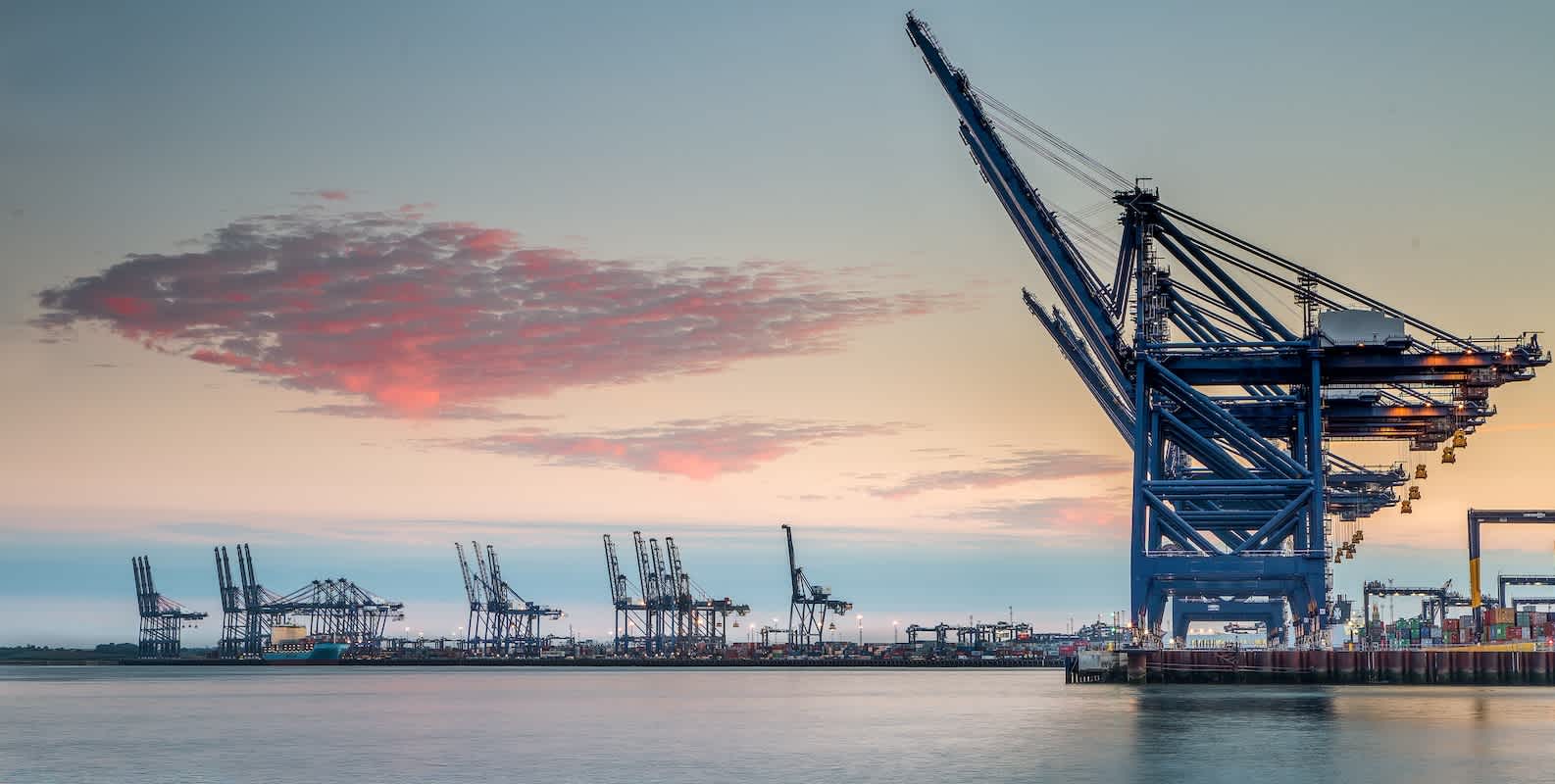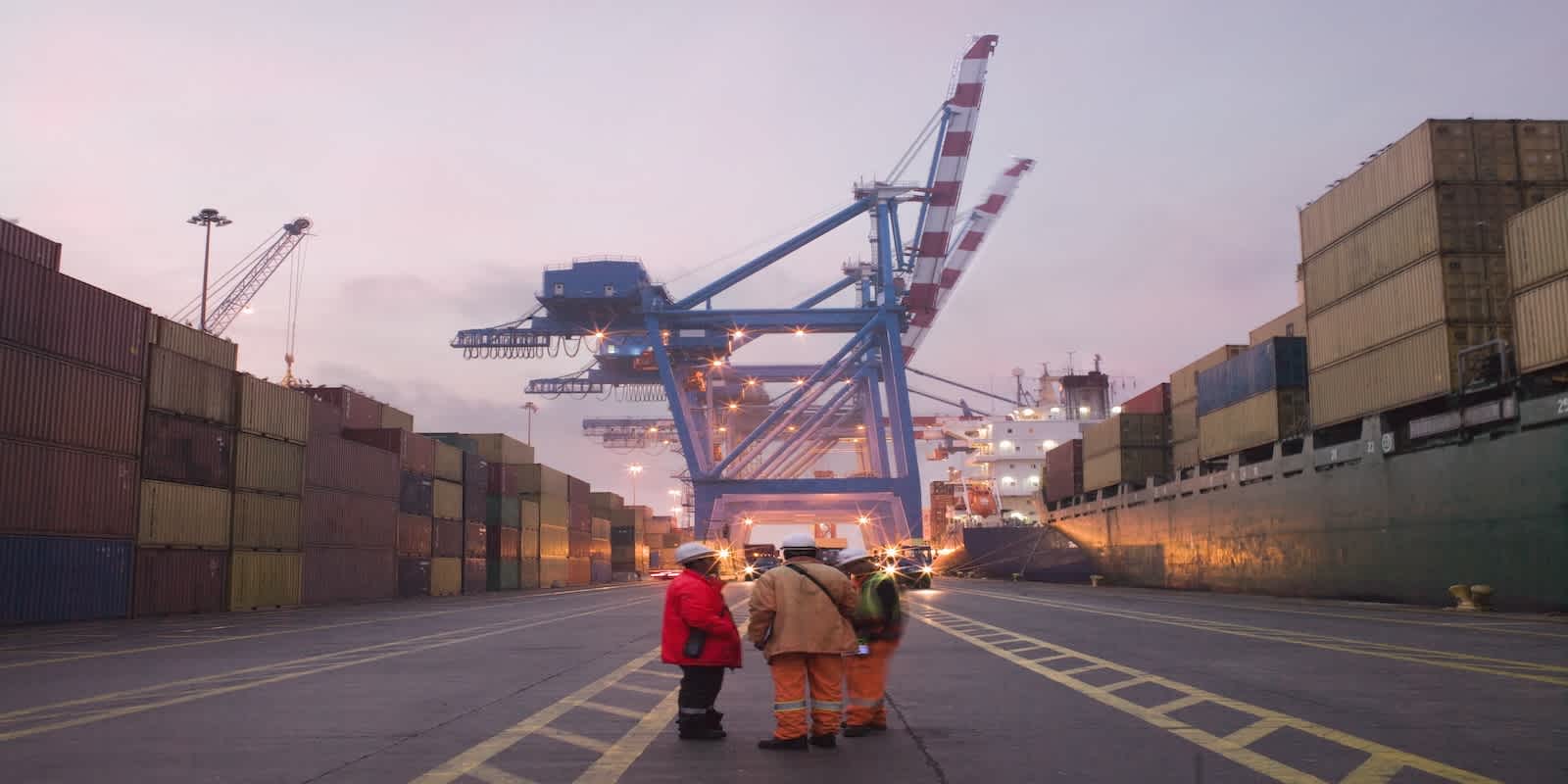
October 26, 2023
The End of the EU’s Consortia Block Exemption Regulation and What It Means for You
The End of the EU’s Consortia Block Exemption Regulation and What It Means for You
The European Commission (EC) just announced that they will not extend an exemption that has impacted how carriers do business in the EU for the last 15 years. The Consortia Block Exemption Regulation (CBER) will expire on April 25, 2024, and from that point forward, carriers will be subject to the same antitrust laws as any other company doing business in the EU.
For some background and a deeper dive into how this ruling will impact shippers, we spoke with Trine Nielsen, Senior Director and Head of Ocean, EMEA at Flexport.
What is The Consortia Block Exemption Regulation (CBER)?
CBER was instated in 2009 and gave extended flexibility compared to the general EU antitrust law for carriers to enter into consortia. The exemption aimed to benefit the European public through better service quality, efficiencies (lower cost), and more sustainable infrastructure and was in particular also put in place to benefit small and medium-sized carriers.
In principle, it allows carriers to enter into three types of consortia: slot exchange agreements (buying space on each other's vessels), vessel sharing agreements (carriers can pool vessels to optimize specific strings), and alliances (carriers pool vessels across several strings and networks). The exemption clearly outlines three conditions:
- Consortia may not contain hardcore restrictions like price fixing, capacity or sales limitations (except capacity adjustments in response to fluctuations in supply and demand), and the allocation of markets or customers.
- The exemption applies to consortia with combined market shares not exceeding 30% on the relevant market in which they operate.
- Must give members the ability to withdraw with a maximum of 6 months' notice (12 months in case of highly integrated).
“The reason for the exemption was to allow carriers to ensure efficiency and keep costs down. The benefit to shippers was meant to be the building of sustainable infrastructure, promotion of inclusive and sustainable industrialization, and the fostering of innovation across the industry.” - Trine Nielsen, Senior Director and Head of Ocean, EMEA at Flexport
What We Know So Far
The decision was only recently announced, so there will be more details forthcoming in the weeks and months ahead, but for the moment, there are a few things we know:
- The decision was made because the EC no longer feels it’s delivering the outcomes they expected when implementing the exemption. They no longer believe the efficiencies and service quality outweigh the competitive advantages.
- They also found that some parties seemed to not understand the details of the CBER and thus were not operating in full compliance to begin with.
- Additionally, one of the primary features of the exemption was to allow small and medium-sized carriers access to agreements with larger carriers, thereby helping level the playing field. When the EC looked at the size of the main carriers involved in the 43 consortia currently operating, they realized that they weighed heavily toward the large end, with little involvement from the very carriers they hoped to help.
According to Trine, “From my reading of the announcement and the initial regulation, consortia are still going to be legal. That means carriers can still collaborate on certain aspects of their business without violating existing antitrust laws and regulations.”
“The interesting aspect to note,” she says, “is that around 30 of the existing 43 consortia are not currently living up to the rule set stipulated in the CBER–in particular the rule that a consortia can not exceed 30% market share. This suggests that we will see a massive reshuffle in trades that touch Europe, especially because the general EU anti-trust law is even stricter.”
What You Need To Know Today
All of this likely leaves you with a lot of questions, and there will be more information coming in the weeks and months between now and April 25, 2024.
Flexport will host a webinar with Lars Jensen, CEO of Vespucci Maritime, Anders Schulze, Global Head of Flexport Ocean, and Trine Nielsen, Senior Director and Head of Ocean, EMEA to share more. But for now, these are the top three things you need to know about the ECs decision and what to expect soon:
1. Nothing is likely to change until April or May of 2024. Since the current exemption doesn’t expire until the end of April, most carriers will likely hold off on announcing major alterations to their businesses until much closer to that date.
2. In all likelihood, this will increase competition in the market. While we might see an increase in operational costs as a result of the ruling, we also expect to see an increase in competition as the current concept of alliances will need to be reconsidered. Coordinating blank sailings (a tactic used largely by carriers today to reduce short-term capacity) could, for example, become much harder to coordinate. This would in turn make it more difficult to push through rate increases without a real surge in demand.
3. There will be operational implications of this exemption coming to an end. To what extent we just don’t know yet, but rest assured we’ll be following developments closely and will keep you updated.
The bottom line is that Flexport will be staying on top of developments so that we can work to mitigate the impact of this decision on our customers’ supply chains.
The contents of this blog are made available for informational purposes only and should not be relied upon for any legal, business, or financial decisions. We do not guarantee, represent, or warrant the accuracy or reliability of any of the contents of this blog because they are based on Flexport’s current beliefs, expectations, and assumptions, about which there can be no assurance due to various anticipated and unanticipated events that may occur. This blog has been prepared to the best of Flexport’s knowledge and research; however, the information presented in this blog herein may not reflect the most current regulatory or industry developments. Neither Flexport nor its advisors or affiliates shall be liable for any losses that arise in any way due to the reliance on the contents contained in this blog.






